The Council of the Polish Language says the changes will simplify and standardise spelling.
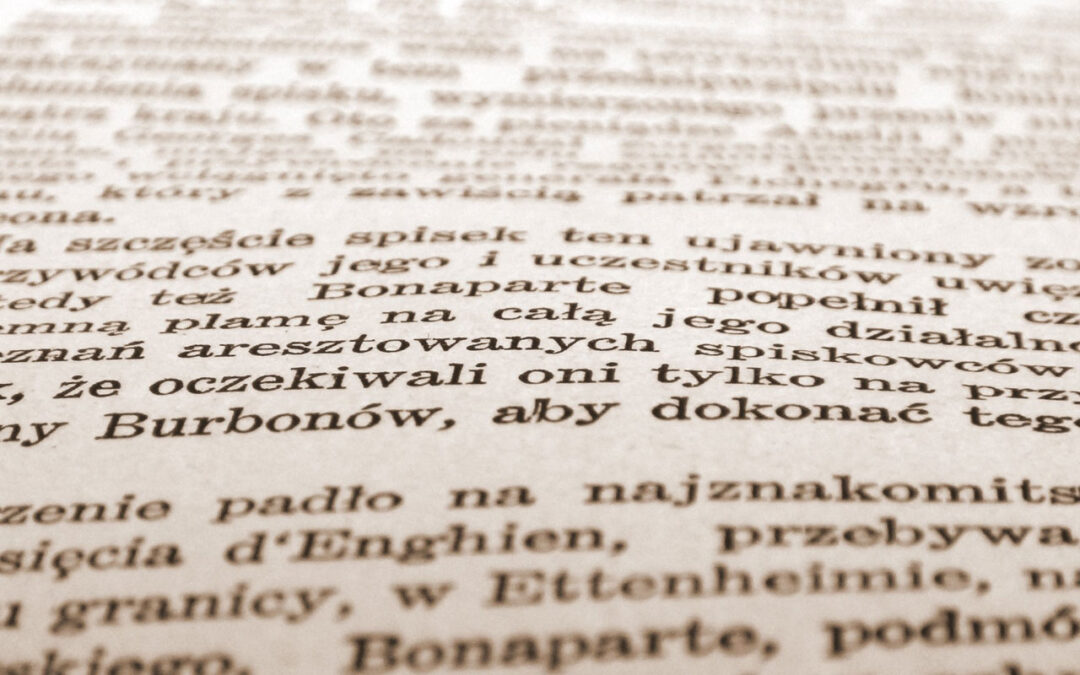

The Council of the Polish Language says the changes will simplify and standardise spelling.

The mayor of Wrocław, two former MEPs and a former presidential spokesman are among those indicted.
We are an independent, nonprofit media outlet, funded through the support of our readers.
If you appreciate the work we do, please consider helping us to continue and expand it.
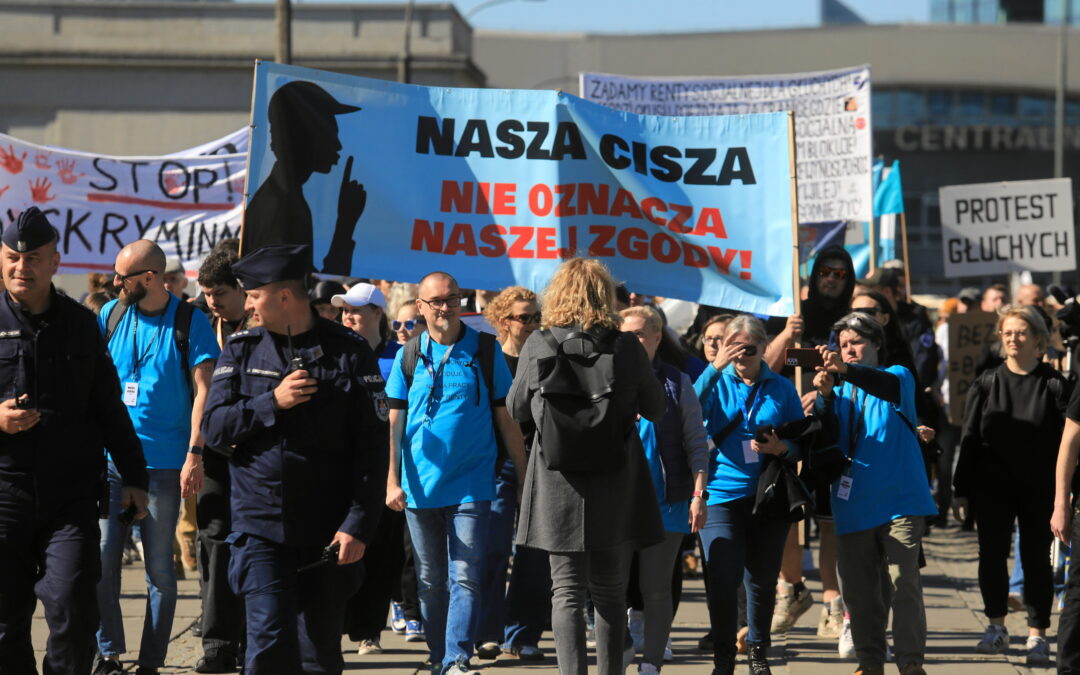
The protesters brought whistles, pots, and and drums to help themselves “be heard”.

It produces 10% of the world’s molybdenum-99, a radioactive isotope used in diagnosing cancer.

Sławomir Mentzen’s proposal has been rejected by all of his main rival candidates from the left, right and centre.

His announcement came after an unvaccinated child was admitted to hospital with a severe case of diphtheria.
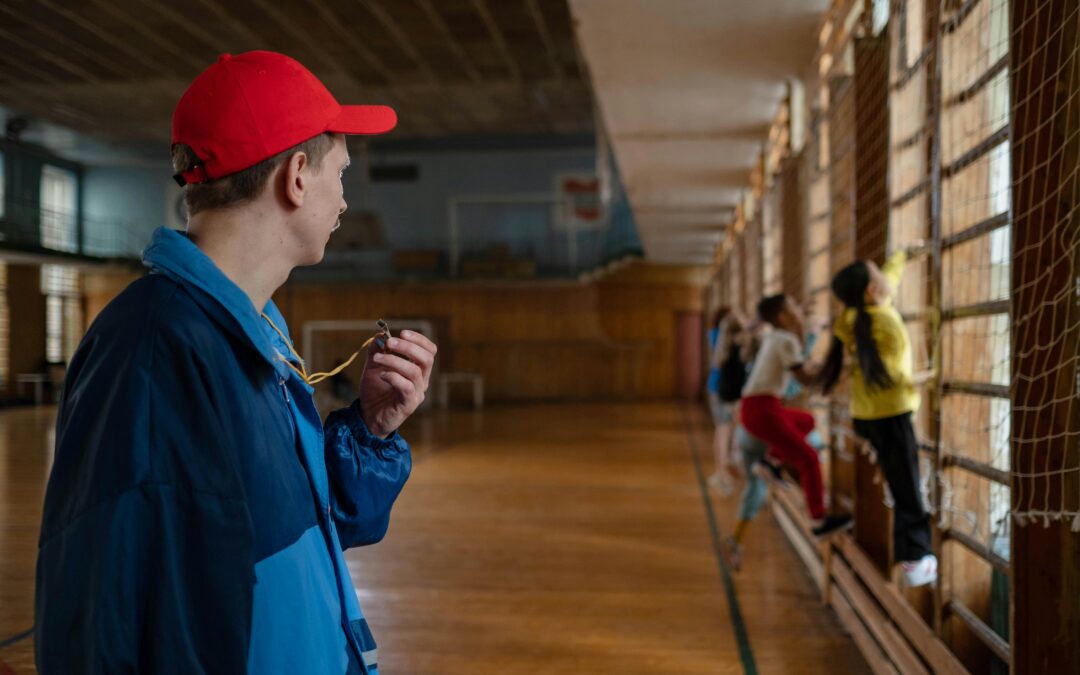
“In these difficult times, the ability to cope with difficult situations is very much needed,” says the education minister.
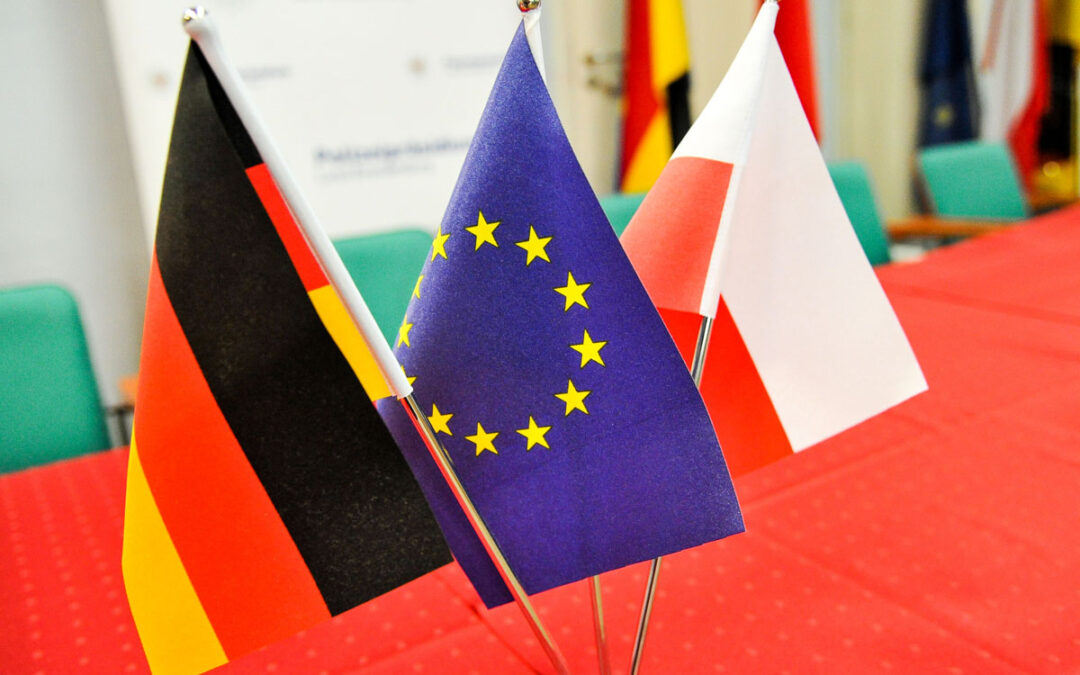
The PiS government cut funding for teaching German to the German minority by two thirds.
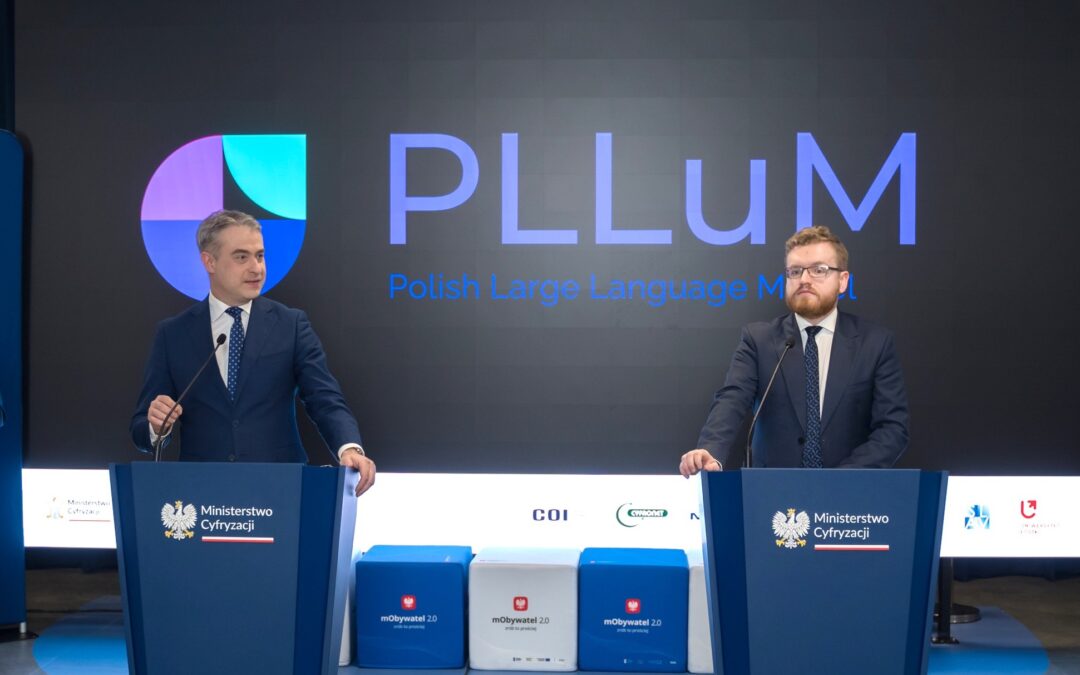
PLLuM is freely available for all to use and is intended to support the development of AI, in particular in providing public services.

Meanwhile, one third of Poles believe that humans lived at the same time as dinosaurs.
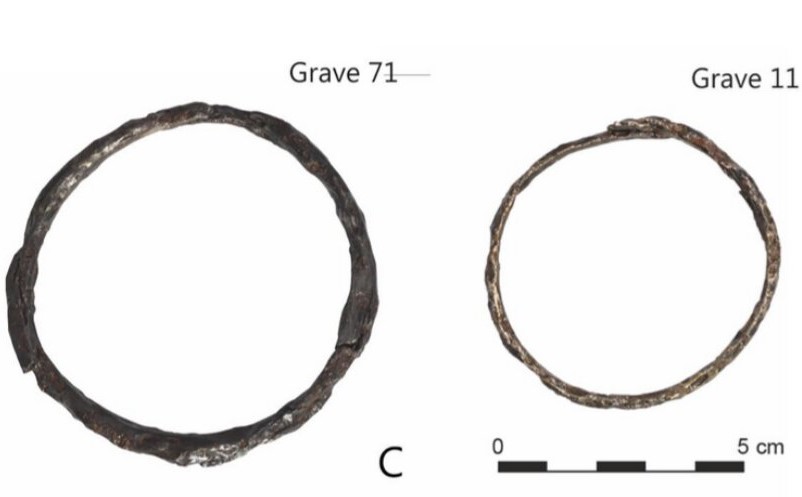
The find mean that the Polish sites now rank among the most concentrated sources of meteoric iron artefacts globally.
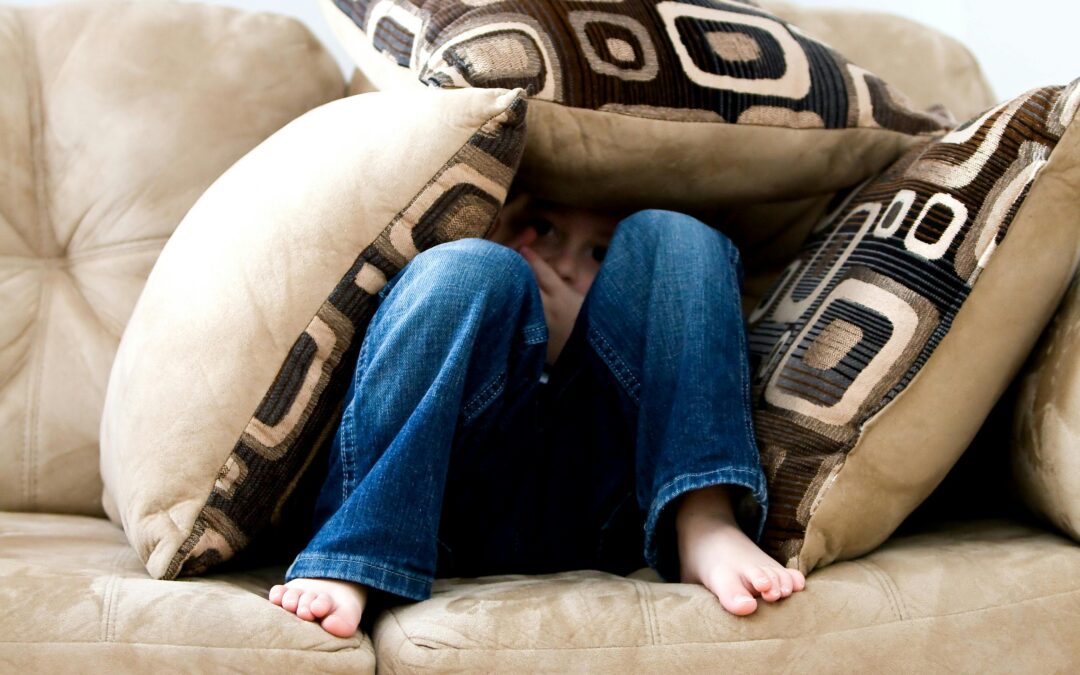
Currently, 59% of children in Poland report feeling happy, down from 75% in 2019.
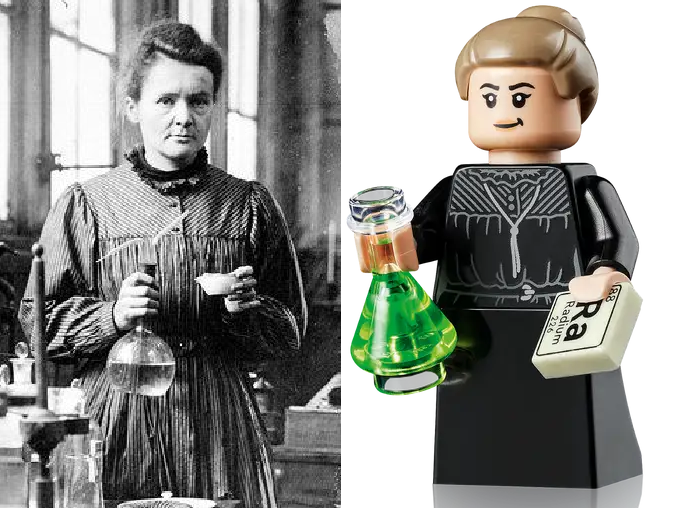
But the toymaker has received some criticism for naming her as Marie Curie, excluding the Polish surname Skłodowska that she used throughout her life.
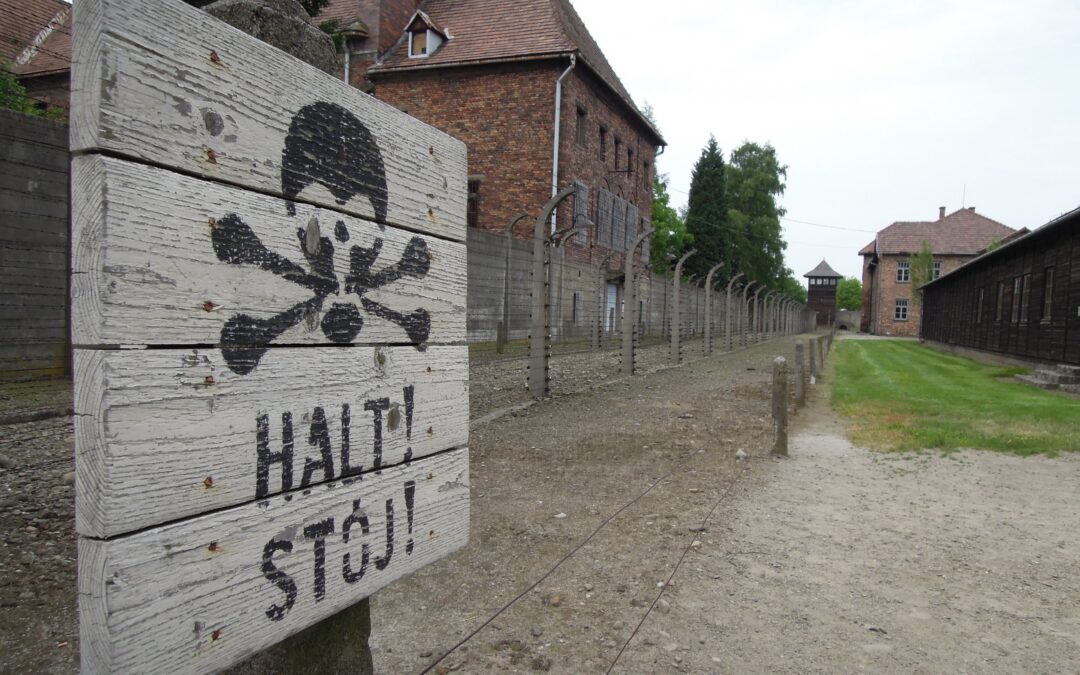
Barbara Nowacka has apologised for the remarks, which she said were a “slip of the tongue”. But the opposition wants her to be fired.